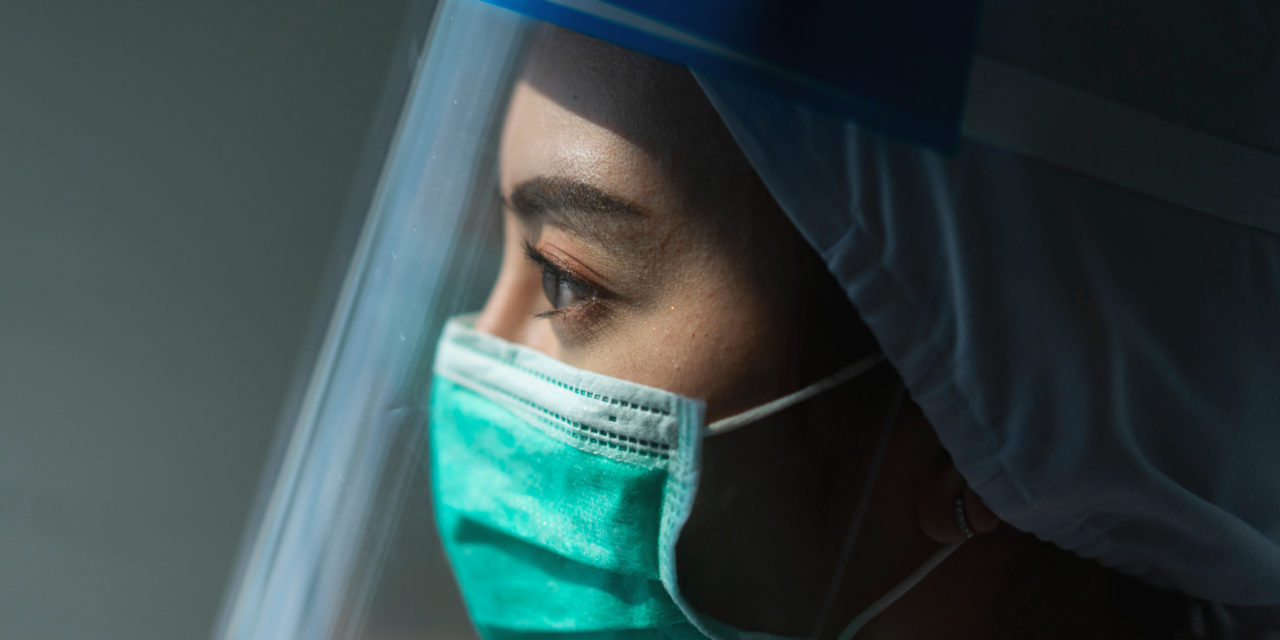May 31 closes out Asian American and Pacific Islander (AAPI) Heritage Month, a time dedicated to recognizing the contributions of Asian Americans and Pacific Islanders in the United States. The term AAPI encompasses all people from the Asian continent and the Pacific Islands of Melanesia, Micronesia, and Polynesia.
This year’s recognition of AAPI Heritage Month feels more important than ever. Racism and xenophobia linked to the coronavirus pandemic has led to a major spike in harassment, assaults, and hate crimes against AAPIs throughout the United States. At the same time, many AAPIs are on the frontlines in the fight against COVID-19.
According to a recent report from New American Economy, AAPIs play a critical role in several industries that will be vital in fighting and recovering from the coronavirus pandemic.
Some highlights from the report include:
- One in 12 workers in the healthcare industry is an AAPI, totaling 1.4 million people. Nearly 70% of those AAPI healthcare workers are immigrants.
- 20% of all physicians and surgeons are AAPI. Similarly, 1 in 11 nurses are AAPI. Among those groups, a majority are AAPI immigrants.
- Hawaii, California, and Nevada heavily depend on AAPI healthcare workers. AAPIs make up roughly 72% of Hawaii’s healthcare industry, and over 26% and 19% in California and Nevada respectively.
- AAPIs account for 1 in 6 workers in the pharmaceutical manufacturing industry. They also make up over 14% of all people working in the medical equipment and supplies manufacturing industry.
It’s clear that AAPI workers are contributing to the fight against the virus in hospitals, medical laboratories, and pharmacies across the country.
A significant portion of AAPIs workers—many of whom are immigrants—also work in the food industry as farmers, food processors, grocery store clerks, and restaurant staff. The food industry has been vital to keeping food on Americans’ tables throughout the pandemic.
Additionally, roughly 6% of all workers in the education sector is an AAPI. That percentage jumps even further in colleges and universities, with AAPIs accounting for over 11% of all employees. A strong education sector is important now, as students and teachers transition to remote learning. It will also be key in reimagining how the education system looks after the crisis ends.
AAPIs deserve to be honored far beyond the confines of a single month. Yet, as AAPIs face greater instances of racism in this country, the United States must do all it can to ensure their safety and recognize their contributions inside and outside of the healthcare industry.
FILED UNDER: Asians, covid-19, Healthcare, Immigrant Doctors


